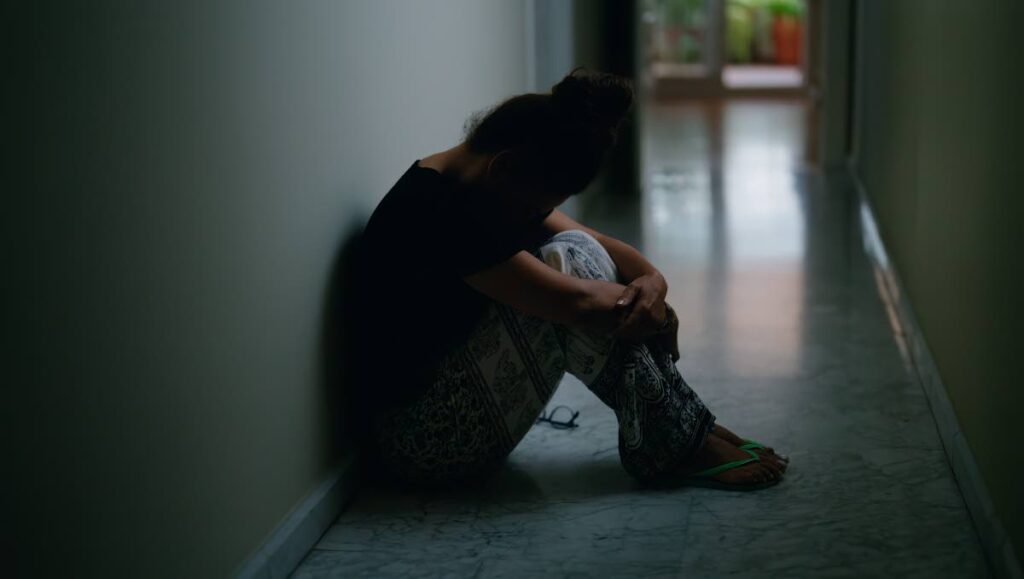A public health concern

SUICIDE is a public health concern which requires care, but preventing suicide is no straightforward task. Recent statistics have shed some light on the number of people who die by suicide in TT.
This September, which is Suicide Prevention Month, we join with those who have called for an examination of these statistics and for a review of the many tools and resources available to help people cope constructively with suicidal thoughts. For instance, more people might come forward to share their hopeful and inspiring stories of overcoming adverse circumstances or mental health issues if stigma is tackled.
According to data from the TT Police Service for January 2016-August 2023, the covid19 pandemic saw suicide levels shift from an average of 96 over the period 2016-2020 to 128 in 2021 and 142 in 2022. Young and old have succumbed, with the dominant age group those 60 and above (144 individuals) and the second highest group the 35-39 category (91 victims). The data shows those who made the most attempts fell within the 15-19 category – 65 young people.
Care must be taken with such figures. To suggest a single cause or trigger of suicide is to oversimplify the issue. Studies have generally shown that a range of risk factors – as well as the absence of countervailing protective factors – are involved.
But we do know enough to know that a lot of situations involve health, environmental, historical and social issues. Isolation clearly limits access to mental health outlets and care. More in-depth analysis would be an essential tool, but it is hindered by attitudes to mental health generally, as well as the criminalisation of suicide legislatively.
“We want to ensure people are able to have access to crisis support lines and mental health services, and these services can operate without fear of legal repercussions,” said Reseda Ramkhelawan, a member of advocacy group MindWise and the Caribbean Regional Coalition for the Decriminalisation of Suicide, launched in June.
Grenada, St Lucia, the Bahamas and TT are among dozens of countries where suicide is illegal.
There is a need to examine the way prejudice and demographics affect access to assistance.
For instance, according to the World Health Organization, the sub-populations particularly affected by suicide include indigenous peoples, members of LGBTQ+ communities, the incarcerated, refugees and migrants. Local data suggests males outnumber females. According to Maria O’Brien, a director at MindWise, many cases involving adolescents last year took place between July and September, around exam results.
“Young people have that lens on how they look at themselves and perceive their worth,” she said.
It is a positive sign MindWise data suggests progress has been made this year to give people more access to resources. Such resources include Lifeline’s 24-hour hotline and those listed on the website of the Ministry of Social Development.

Comments
"A public health concern"